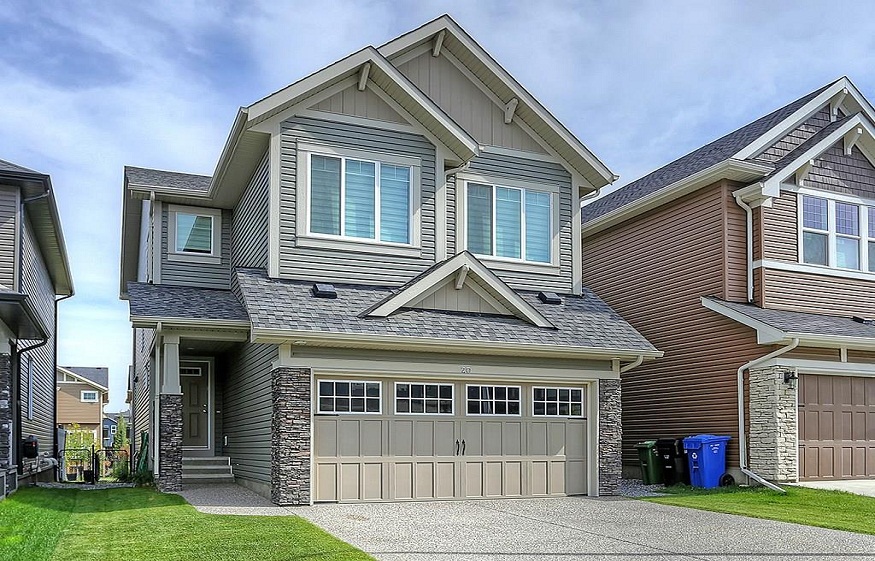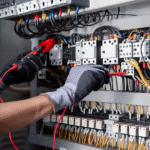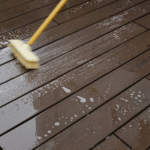
Buying a property is likely the most expensive purchase most individuals will deal with. If you use your property earnings to pay for daily needs, the excitement might risk your emergency funds. An emergency fund is there to help you when you have medical bills, repairs or become unemployed, but it is not the best place for your first payment. Therefore, how can you take the step into owning a home and feeling confident about your budget? Here is a step-by-step guide on how to make your way through the process.
1. Explore All the Affordable Housing Areas Near You
Some people wrongly think that the only way to get their dream home is to use a bigger budget. Actually, what helps is to be strategic with your available capital. Pick neighbourhoods that are affordable, have pleasant facilities and hold the potential for future development. For instance, if you’re house hunting in Alberta, exploring houses for sale Calgary SE can uncover budget-friendly gems that don’t compromise on quality or location. This part of Calgary has various kinds of housing, is well-connected by infrastructure and has families in mind, so buyers don’t have to spend much. If you begin looking for a place to live in the right type of market, you are less likely to spend more than you can afford and keep your emergency savings.
2. Pre-Approval Will Give You A Clear Idea of What You Can Afford
I suggest that you get pre-approved with a reliable mortgage lender before going to open houses. It will help you find out the home price you can afford without looking at your savings. It helps you to compete effectively when you are making an offer. Pre-approval helps separate emotion from logic by keeping your financial boundaries in check, ensuring you don’t bid on a house that could compromise your safety net.
3. Do Not Forget to Consider All Additional Costs
The price listed on the house is not everything that matters. When you purchase a home, you must pay closing fees, taxes on land transfer, costs for home inspections, expenses for moving and fees for upkeep. If you’re not prepared, these can easily eat into your emergency savings. Make sure you have put together a good estimate of the costs before agreeing to any deal, and always remember to save those funds somewhere different from your emergency stash.
4. Review Incentives
Many authorities give out help, tax breaks or lower-interest loans to first-time homebuyers. Ensuring you use these incentives can allow you to pay less at the start, so your emergency fund is saved. Well worth it to discover what your province or city can offer and find out from your broker or advisor about using such tools in your purchase plan.
5. Create A Special Account To Save For The House
A useful way to avoid using your emergency fund is to establish a “house fund” in good time before you need it. Add money to your retirement account each month the same way you would add to your savings. Regularly depositing a little money can eventually lead to a large down payment. Keeping the money apart ensures that your emergency fund is not used for everyday expenses.
Negotiate Wisely!
Owning a home should make your life better, not cause additional expenses. If you create a sound plan, you can obtain a home without using up your emergency savings. Be realistic with your budget, use opportunities in the market when needed and prepare for each purchase wisely. As a result, you can enjoy having a suitable home and feel secure about your finances.






Leave a Reply
You must be logged in to post a comment.